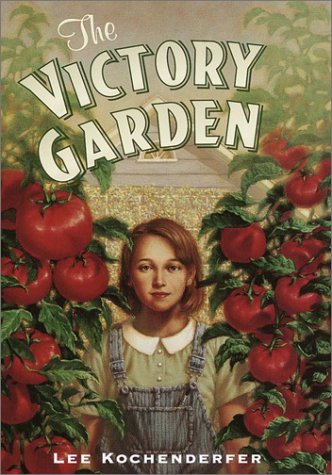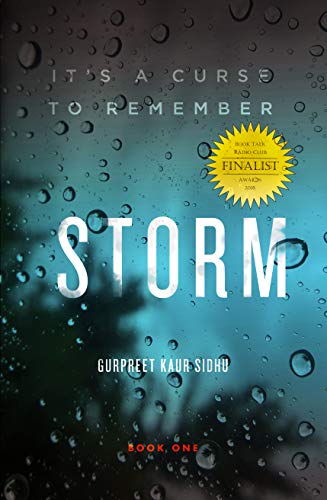For Teresa Marks and her father, their tomato-growing competition against Mr. Burt next door is very important. For one thing, growing garden vegetables is part of the war effort in a small Kansas town in 1943. In case you missed your history class, that’s during World War II, when Teresa’s brother Jeff and many other young Americans went to Europe or the Pacific to fight against Germany and Japan. Which brings up another, even bigger reason the tomato contest is important: it keeps Mr. Marks’s mind off worrying about his son.
From the vantage point of 2008 (as I write this review), it is hard to imagine the burden this country’s people carried, much less the courage and good cheer with which they carried it. We are distressed by a current war which claimed 5,000 American lives in its first 4 years; in my grandparents’ generation, our country gave up over 400,000 lives to a war we were in for only 4 years. We are discouraged by prices in fuel (that haven’t stopped us driving our cars), food (that haven’t changed our eating habits), and other commodities (which we have continued to buy without letup, in spite of the late dip in our economy). Back then, the U.S. and the world in general was still recovering from a decade of depression, poverty, and famine in which many families lost everything they had; and in order to contribute to the “war effort,” most Americans cheerfully gave up many of the comforts and plenties we take for granted. They saved pennies to buy war bonds; they saved junk that we would throw away as material for weapons and uniforms; and while farms grew food to ship to the boys “over there,” people like the Burts and the Markses planted “victory gardens” so that they could save money and stretch the nation’s food supply.
In 1943, just as the growing season is getting under way, Mr. Burt has an accident and must spend a while in a hospital out of town. Knowing what I have already said about the importance of their tomato rivalry, Teresa fights back against the plan to till Mr. Burt’s garden under. She recruits kids from her school class to take over the Burts’ garden as a project for the “war effort,” selling the vegetables they grow to buy war bonds, and challenging her own father to the tomato duel at the county fair. Little does she realize how much work will be involved – sometimes backbreaking, sometimes heartbreaking. Little does she know that her do-good project will send her across the path of a runaway dog, a troubled boy, the local grouch, and a tragic young hero.
As Teresa follows the exploits of America’s fighters in the air (like her own brother), tracing the war’s progress on a big map on the dining room wall, so you will enjoy mapping Teresa’s trajectory from naivete to wisdom, from childish bravado to courage, from focusing on the concerns of her immediate family to opening her heart to a wider community. It is an interesting journey to follow with one’s imagination. We can only hope that such a spirit remains in our people, ready to rise to a challenge like the ones faced by Teresa’s generation.




